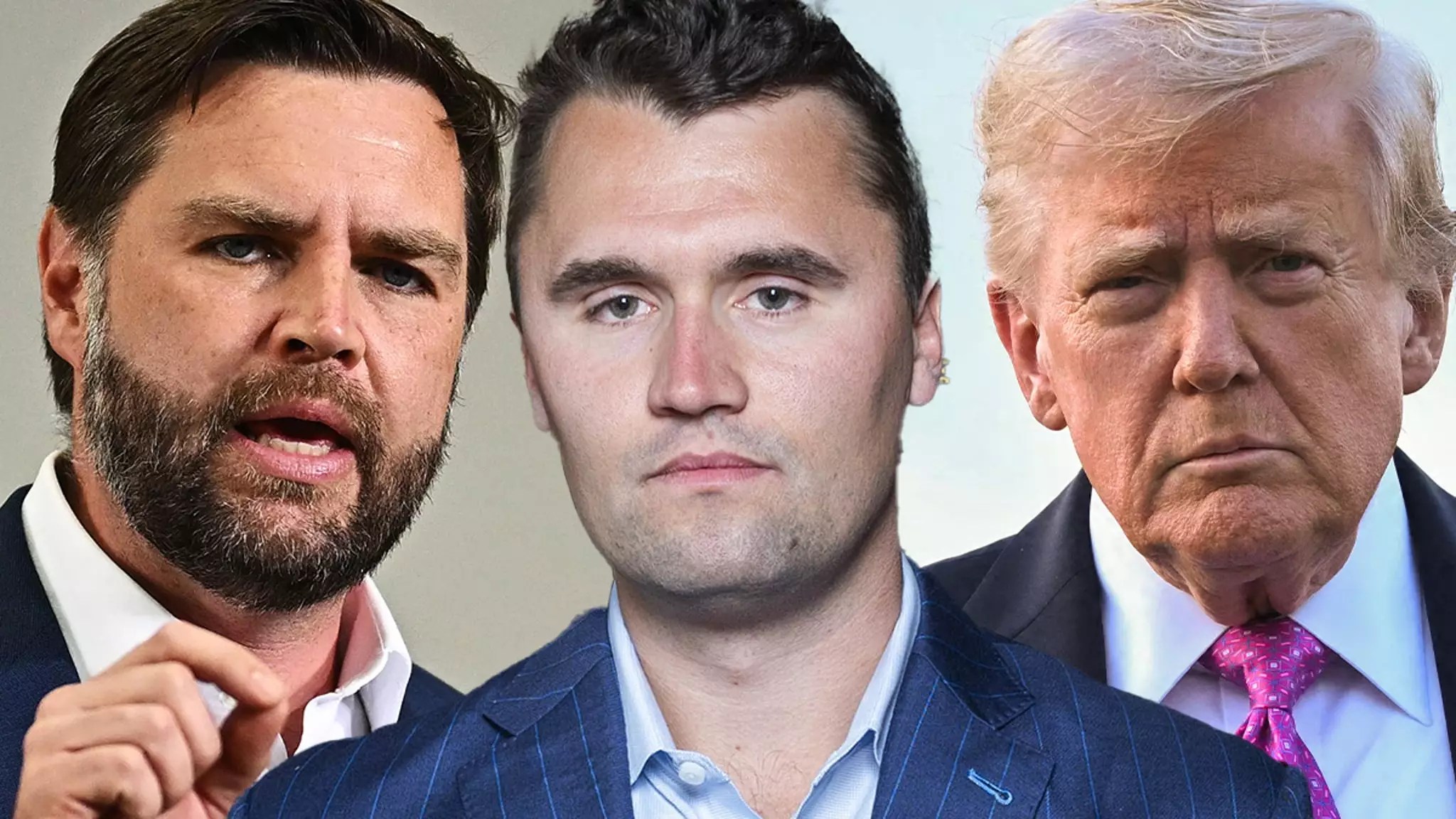The upcoming memorial event for Charlie Kirk, organized by Turning Point USA, exemplifies the deep rifts that characterize contemporary American politics. While the gathering bears the semblance of a tribute—a tribute that attempts to honor Kirk’s legacy—the presence of high-profile political figures and the charged rhetoric surrounding his tragic death reveal a clash of narratives. This isn’t just a solemn remembrance; it’s a strategic display of ideological posturing, attempting to elevate Kirk’s cause amid a tense climate of partisan hostility.
Many attending see this event less as a mourning ceremony and more as a platform to reinforce political narratives. The participation of figures like Donald Trump, J.D. Vance, and other influential personalities underscores the event’s role in shaping the conservative movement’s messaging. Their speeches—often loaded with blame towards the political left—serve to solidify a shared perception of victimhood and victimization by extremists on the opposing side. For critics and skeptics, this politicization minimizes the tragedy and risks transforming a grief-oriented gathering into a confrontational spectacle.
The Politics of Grief and the Weaponization of Tragedy
The manner in which Charlie Kirk’s death is being leveraged reveals a broader debate about political rhetoric and responsibility. Several speakers have explicitly pointed fingers at the left, claiming that the violent incident exemplifies the dangerous consequences of political extremism. Vance’s assertions in particular, linking left-wing tendencies to gun violence, exemplify how tragedy becomes a battleground for ideological superiority. Such statements, while resonating with a specific base, risk dismissing the complex societal factors that contribute to political violence.
The tone of the event reflects a deliberate effort to portray Kirk’s assassination as a symptom of a larger cultural war, rather than isolated violence. This framing not only fuels anger and division but also blurs the line between legitimate political discourse and outright demonization. In doing so, it risks engendering further hostility, making reconciliation almost impossible. The event’s organizers appear to believe that framing the incident as part of a broader assault by the far left galvanizes their followers and justifies their hardened stance.
The Power of Rituals and Symbols in Contemporary Politics
Memorials like this are more than commemorations—they are symbols of struggle and resilience. By gathering prominent figures and mobilizing followers, the event attempts to construct a collective identity rooted in resistance. This warlike framing is emblematic of a polarized society where words are weaponized, and empathy is often sacrificed for mobilization. The choice of the title “Building A Legacy” signifies an intent to forefront Kirk’s enduring influence, transforming personal tragedy into a rallying cry for political activism.
Such ceremonies serve to reinforce narratives about moral righteousness and victimhood. They seek to inspire supporters to see themselves as defenders of a righteous cause, leveraging grief to make a political point. However, this approach raises questions about the broader societal implications: Does it foster unity or deepen division? The fervor surrounding this memorial suggests that in the current climate, activism and mourning are often intertwined with political combativeness, making civility a casualty of the ongoing ideological battle.
This event demonstrates how grief can be co-opted into a strategic tool—used not merely to mourn a loss, but to reinforce an ideological agenda. In doing so, it reveals the troubling reality of modern American politics, where even tragedy is politically charged, and the line between mourning and propaganda remains dangerously thin.







Leave a Reply